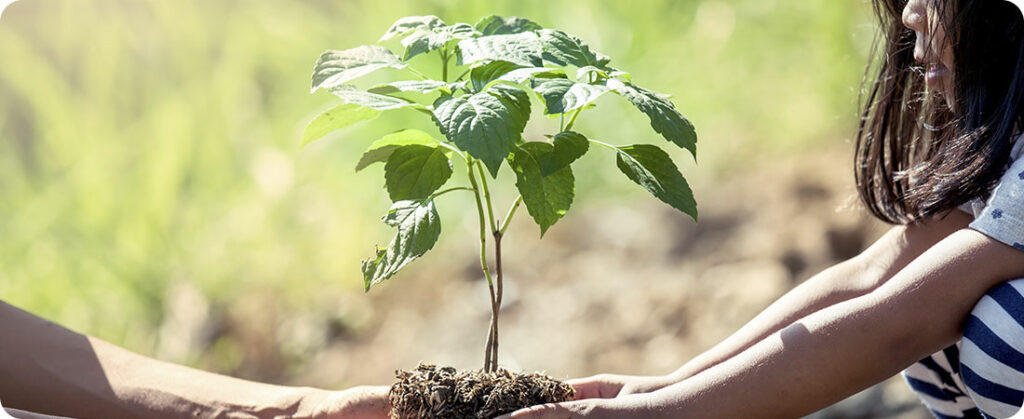
The delegation from the Ministry of Agriculture and Livestock (Mapa) participated, this Tuesday (5), in Dubai, in the China-Brazil panel on Sustainable Agriculture and Green Supply Chain, organized by the Chinese government during COP 28. The activity brought together experts and authorities from both countries to discuss their participation in building a future for low-carbon agriculture.
The countries highlighted the relevance of a joint approach to global challenges. The Brazil-China partnership emerges as a driving force for an environmentally responsible future. Both nations say that investing in sustainable technologies, as per the ABC+ Plan, along with environmental protection and biodiversity promotion strategies, is crucial. Associating these measures with transparent strategies in the production process becomes essential for future commercial relationships.
Brazil and China reinforce cooperation on environmental commitments and sustainable development
Representing Mapa, the Secretary of Innovation, Sustainable Development, Irrigation and Cooperatives, Renata Miranda, then highlighted the importance of cooperation between Brazil and China in integrating environmental commitments into their business models. “The discussions at this conference demonstrate that we will not solve climate challenges unilaterally. This dialogue between Brazil and China serves as an example to the world of how to establish a commercial relationship based on a truly sustainable development model, in all its pillars”.
In her speech, Renata condemned unilateral measures that harm local communities and global economies, reinforcing Brazil's commitment to sustainability. He also highlighted Mapa's commitment to environmental issues, which will gain even more transparency with the AgroBrasil+Sustentável platform, which aims to provide transparency to data on legal compliance and sustainable practices in agricultural production.
Wang Yi, a Chinese expert on climate change, then reinforced that Brazil is a global supplier that respects the environment. He thus highlighted the long-term partnership between Brazil and China, emphasizing the possibility of building a sustainable future together.
The expert, therefore, highlighted the crucial role of financial institutions in promoting sustainability. They thus boost organic production and certifications, ensuring traceability for international trade.
Source: Notícias Agrícolas












